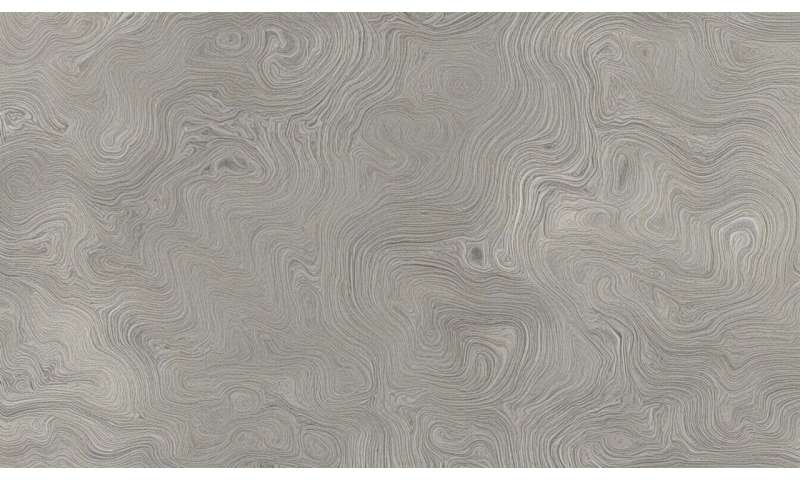Best of Last Week—Multi-planet system found, chip reduces robot power needs, vitamin D deficiency linked to dementia

It was a good week for space science as a pair of researchers at the University of California, Davis, found evidence in a Martian meteorite that upset planet formation theories—surprisingly, krypton isotopes found in the meteorite were characteristic of chondritic meteorites rather than solar nebula. Also, researchers working with NASA's OSIRIS-REx spacecraft found evidence of asteroid Bennu's boulder "body armor,"which gives it protection against smaller meteoroid impacts. And a team at MIT found evidence of a nearby multi-planet system. At just 10 parsecs, it is one of the closest multi-planet systems found to date.
In technology news, a team at Graz University of Technology working with a group at Intel designed and built a neuromorphic computing architecture that can run deep neural networks more efficiently than those using traditional methods. Also, a team with members from the Leibniz-Institut für Katalyse and APEX Energy Teterow GmbH designed and built a system for the reversible hydrogenation of carbon dioxide into formic acid. And a team of researchers at Tsinghua University's Center for Brain-Inspired Computing Research in Beijing, China, designed, built and tested a neuromorphic chip that dramatically reduces power requirements for a "cat-chasing-mouse"-type rolling robot. And a combined team from Florida State University and Argonne National Laboratory, looked into why promising solar cell material degrades so quickly.
In other news, a large international team of researchers found 69 unique genetic variants that could be linked to the ability of humans to keep time to a beat. Also, a small team of researchers, one a private citizen in France, another with the Royal Belgian Institute of Natural Sciences and a third from the Naturhistorisches Museum Basel, in Switzerland, discovered a new type of ancient "bear dog" that was once a large predator in the Pyrenees. And finally, a team at the University of South Australia found evidence that a vitamin D deficiency could be directly linked to dementia.
© 2022 Science X Network